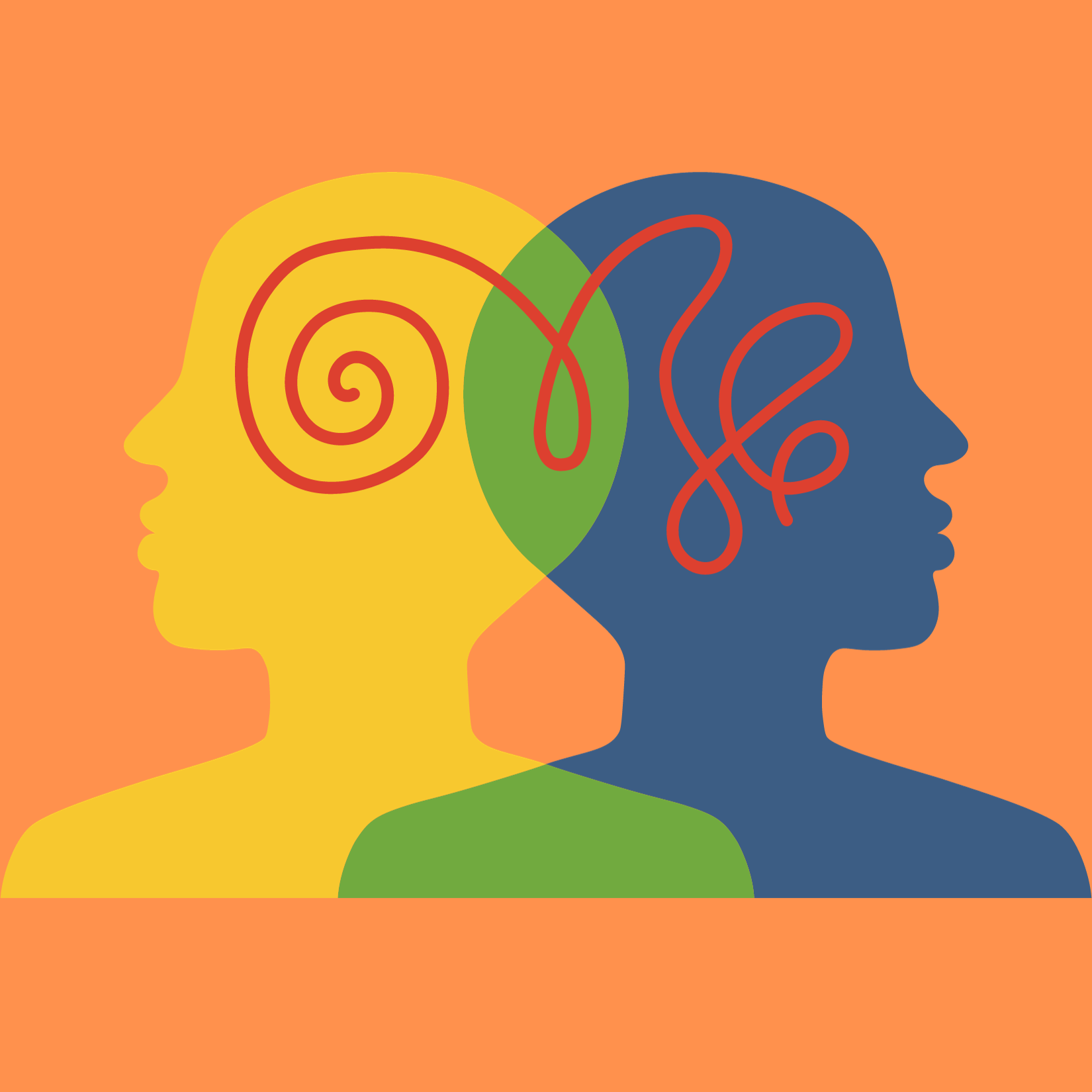Everyone deserves compassion and a path to recovery.
At its core, addiction is a human experience that transcends societal boundaries. It’s a condition that doesn’t discriminate. Whether you are a successful professional, a stay-at-home parent, a student, or retired, the susceptibility to addiction exists within the fabric of our shared humanity. It can happen to anyone.

It is crucial to understand the nature of addiction to appreciate how each of us is susceptible. Addiction is not a moral failing or a lack of willpower; it is a complex interplay of numerous factors, including genetic predisposition and environmental influences. It’s true that there is a genetic component of addiction, and substance use disorder can “run in families.” However, habituation of behavior is inherent in all of us. Anyone can develop unhealthy patterns of behavior facilitated by environmental stimuli. Likewise, trauma, either psychological or physical, often serves as a catalyst for substance use. Anyone can experience a traumatic event or a toxic relationship. These facts should disabuse all of us of the notion that certain individuals are protected from addiction based on their upbringing, lifestyle, or societal status.
All too often, we associate addiction with specific stereotypes, such as the homeless man living on the streets, the rebellious teenager, or the “party-hard” thrill seeker. These stereotypes not only perpetuate harmful biases but also contribute to the illusion that addiction is a problem only in certain groups or stages of life. We cannot forget that there are millions of people who, on the surface, appear to “have it all together” but are silently battling an addiction behind closed doors. Their ability to “function” masks the severity of the addiction, leading to misconceptions about who is susceptible to this disease.
As health professionals, we are supposed to be the champions of healthy habits. But few of us live up to the ideal. Our behaviors often fall short. We are human, after all, and subject to the same genetic and environmental influences. So, we are just as susceptible to experiencing addiction. In fact, substance use and addiction rates among health professionals are not much different than the general population.1-3 A report published by the Substance Abuse and Mental Health Service Administration (SAMHSA), culling data from their National Surveys on Drug Use and Health (NSDUH), found that 5.7% of healthcare and social assistance professionals employed full-time reported suffering from a substance use disorder (SUD) in the previous year.4 However, these data pre-date the COVID-19 pandemic, and it’s likely an underestimate of the current prevalence of SUD. Moreover, health professionals often feel uncomfortable sharing this information for fear of losing their license or ability to practice. This is why it’s so important that licensing boards provide pathways for health professionals to seek help and remain in recovery without fear of losing their license. Most, if not all, states will have a formal mechanism to help and support health professionals living with SUD. For example, in Mississippi, the Mississippi Physician Health Program (MPHP), the Mississippi Nurse Voluntary Program (MVP), and the Mississippi Association of Recovering Pharmacists (MARP) are officially recognized organizations that provide ongoing support to those in recovery and host educational programming to increase awareness.

The stigma surrounding addiction often prevents individuals from seeking help. Stigma is rooted in misconceptions and leads to shame and isolation. Millions of people and many of your patients and colleagues are silently struggling. We all need to help break down the walls of denial that individuals often build around themselves. Seeking help is not a sign of weakness, but rather, it is a courageous acknowledgment of one’s vulnerability. As health professionals, we are called to reduce suffering. Through our collective efforts, we can promote awareness, provide support, and foster environments where seeking help is encouraged.
No one is immune to addiction.
Everyone deserves compassion and a path to recovery.
References:
1. Bennett J and O’Donovan D. Substance misuse by doctors, nurses, and other healthcare workers. Current Opinion in Psychiatry 2001; 14 (3): 195-199.
2. Baldisseri MR. Impaired healthcare professional. Critical Care Medicine 2007; 35 (2 suppl): S106-S116.
3. Merlo LJ, Trejo-Lopez J, Conwell T, and Riverbark J. Patterns of substance abuse initiation among healthcare professionals in recovery. Am J Addict 2013; 22: 605-612.
4. The CBHSQ Report. Substance Use and Substance Use Disorder by Industry. Substance Abuse and Mental Health Administration. April 16, 2025.
